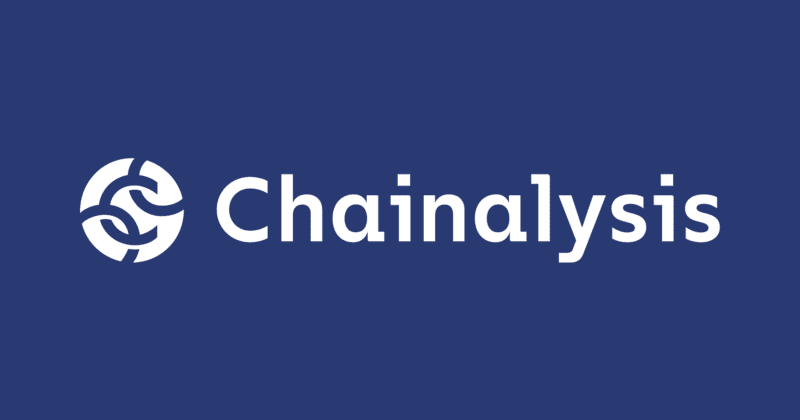Quick take:
- Chainalysis tracked about $44.2 billion worth of cryptocurrency sent to NFT smart contracts.
- The report identified wash trading and money laundering as illicit activities in NFTs.
- Chainalysis urges marketplaces to consider punishing NFT crime offenders.
Blockchain data platform, Chainalysis, published a report today that examined two types of crime in the NFT space: wash trading and money laundering.
As the popularity of NFTs soared over the last year, Chainalysis tracked $44.2 billion worth of cryptocurrency sent to ERC-721 and ERC-1155 contracts — the two types of Ethereum smart contracts associated with NFT marketplaces.
The report found that while some NFT sellers are making huge profits from wash trading, most who have attempted to wash trade have not been profitable. Wash trading is when a seller artificially inflates the price of an asset by “selling” it to a new wallet the original owner also controls.
New NFT marketplace, LooksRare, has recently come under scrutiny for alleged wash trading activity on the platform. The marketplace has seen billions in trading volume since launching a few weeks ago as users attempt to game its reward system.
Chainalysis analyzed sales of NFTs to self-financed addresses that were funded either by the selling address or by the address that initially funded the selling address. It found that some sellers have conducted hundreds of wash trades.
The most prolific wash trader the blockchain data platform observed has made 830 sales to addresses that are self-financed. After subtracting $35,642 in gas fees from a revenue of $27,258 generated by the wash trader, Chainalysis found that the seller made a loss of $8,383.
Furthermore, Chainalysis also identified 262 users who have sold an NFT to a self-financed address more than 25 times. Interestingly, it found that 110 profitable wash traders generated a profit of $8,875,315, dwarfing the $416,984 losses suffered by the 152 unprofitable wash traders.
While wash trading has been unprofitable for most, the entire group of wash traders collectively profited an amount of $8,458,331.
To mitigate this NFT crime, Chainalysis encourages marketplaces to consider bans or other penalties for the worst offenders.
The platform also identified money laundering as a small but visible concern in NFTs.
“The majority of this activity came from scam-associated addresses sending funds to NFT marketplaces to make purchases. Both quarters also saw significant amounts of stolen funds sent to marketplaces as well. Perhaps most concerningly, in the fourth quarter, we saw roughly $284,000 worth of cryptocurrency sent to NFT marketplaces from addresses with sanctions risk,” the report states.
The report ends by saying that money laundering in NFTs should be monitored more closely by marketplaces, regulators, and law enforcement.
Stay up to date:





